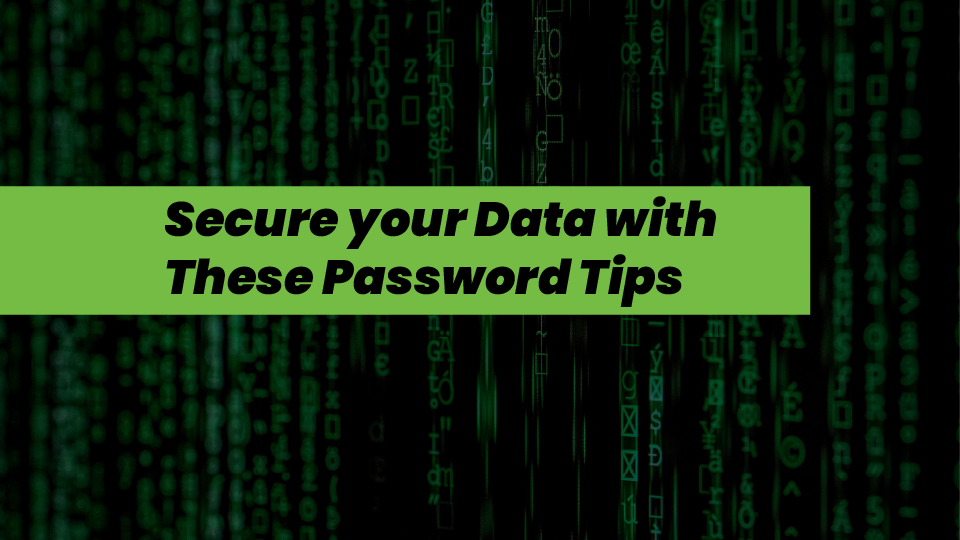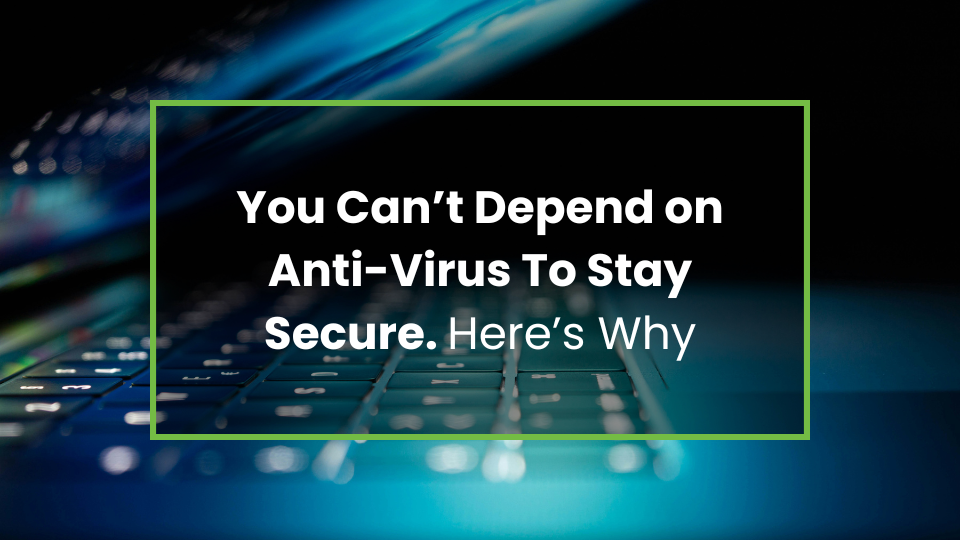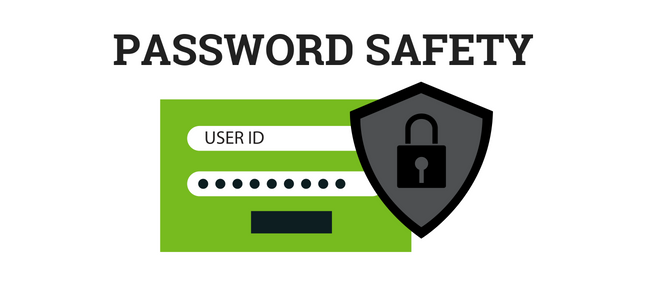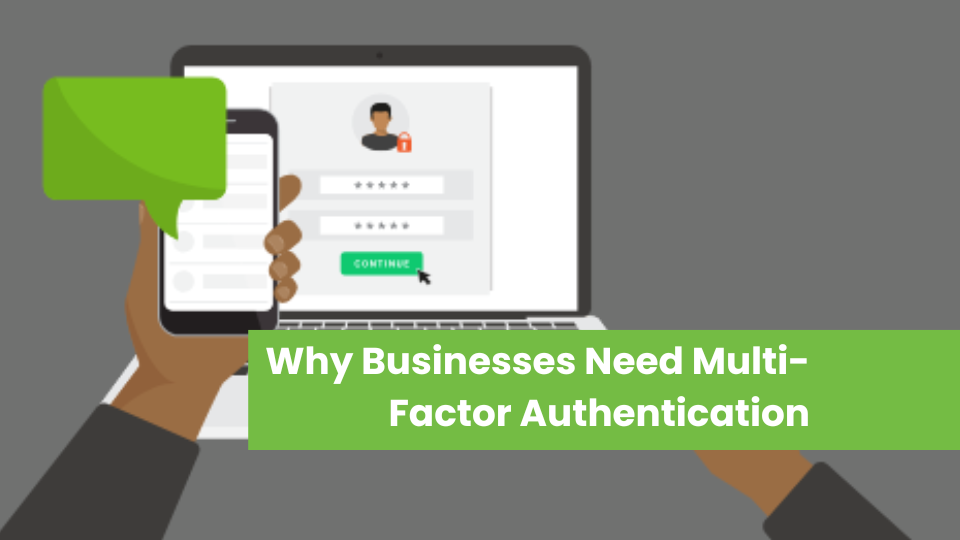You Can’t Depend on Anti-Virus To Stay Secure. Here’s Why
As technology continues to change, the number of ways your company can be targeted in a malware attack grows. At Five Nines, we put a major emphasis...
Five Nines Team : Oct 15, 2025 8:00:00 AM
2 min read

In recent years, billions of people have been affected by various data breaches and cyberattacks. Not only have these victims lost money or valuable data, but they also lost their personal security.
We hear about these cyberattacks every day and it's easy to think, "Why should I protect myself if the stats are against me?"
Or are we up against the stats?

Over 65% of people regularly reuse passwords, with 13% reusing the same password across all accounts.
This means that more than half of us have decided to risk our financial security and personal identity in favor of convenience, and that can be a costly mistake. In fact, one of the easiest ways you can protect yourself from joining these costly statistics is to use a password manager.
At Five Nines, when a company comes to us for managed IT solutions, we always consider how they can tighten up their data security. Let's dive into the ways you can quickly improve your cybersecurity habits to minimize risk and become less of a predictable target.
According to the National Institute of Standards and Technology (NIST)'s updated guidelines, your passwords should focus on length rather than complexity. To achieve this for a password you have to remember or type often, you can use longer passphrases that are easier to remember than complicated passwords, such as “The cornhuskers are ranked again!”
Avoid simple, common, and short passwords. Hackers will take simple and commonly-used passwords like "Huskers1" and test them against various sites & services to see who they can breach online – a tactic called "password spraying".
The "bad" password above is a great example of regional password trends – an attacker seeking to compromise the account of someone in Nebraska is likely to have success using Husker-themed passwords in a password-spraying attack. For this reason, it's a good rule to avoid this type of password.
At Five Nines, we recommend both companies and home users alike invest in a trusted Password Management solution. Many of the top providers have free and low-cost options that include the ability to automatically save and fill passwords on Windows, macOS, Android, and iOS devices – a great option to make using strong, secure passwords more convenient.
Look for benefits like trusted encryption, autofill and browser extensions, Emergency Access features, and Watchtower features that inform you if any of your passwords are known to be compromised.
Bottom line: you can vary up your passwords more often when you have a secure and convenient place to store them.
Keep an eye out for when breaches are reported, and when they are, double-check that your information wasn't compromised as a result. According to the 2025 Annual Data Breach Report, the number of data compromises in 2025 (3,322) increased by five percent compared to 2024 (3,152).
The risk continues to grow, and it can happen to you if it hasn't already.
Besides checking places like the Identity Theft Resource Center (a California based non-profit that puts out information on the latest data breaches), you can also use free tools, like Credit Karma. Their identity monitoring service will alert you about data breaches and exposed passwords so you're in the loop about a potential threat. Your managed IT solutions provider should discuss potential data breaches with you.
As IT professionals, we know how cumbersome changing passwords can be. These are the tools & guidelines we stand behind, and we hope by passing them along, your information can be better kept under lock & key. We’re here to help as your trusted managed IT solutions provider.

As technology continues to change, the number of ways your company can be targeted in a malware attack grows. At Five Nines, we put a major emphasis...

What's your go-to password? We all have one. Is yours secure? You can test how secure one of your top-of-mind passwords really is by checking it here:

Typing in a simple username and password is no longer enough to protect your data in the business technology world, which is why multi-factor...